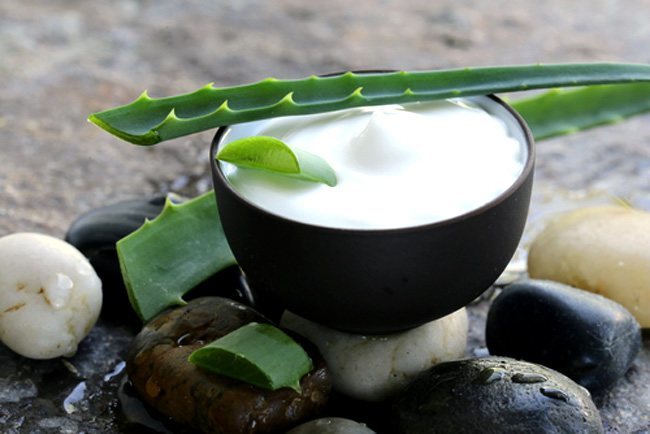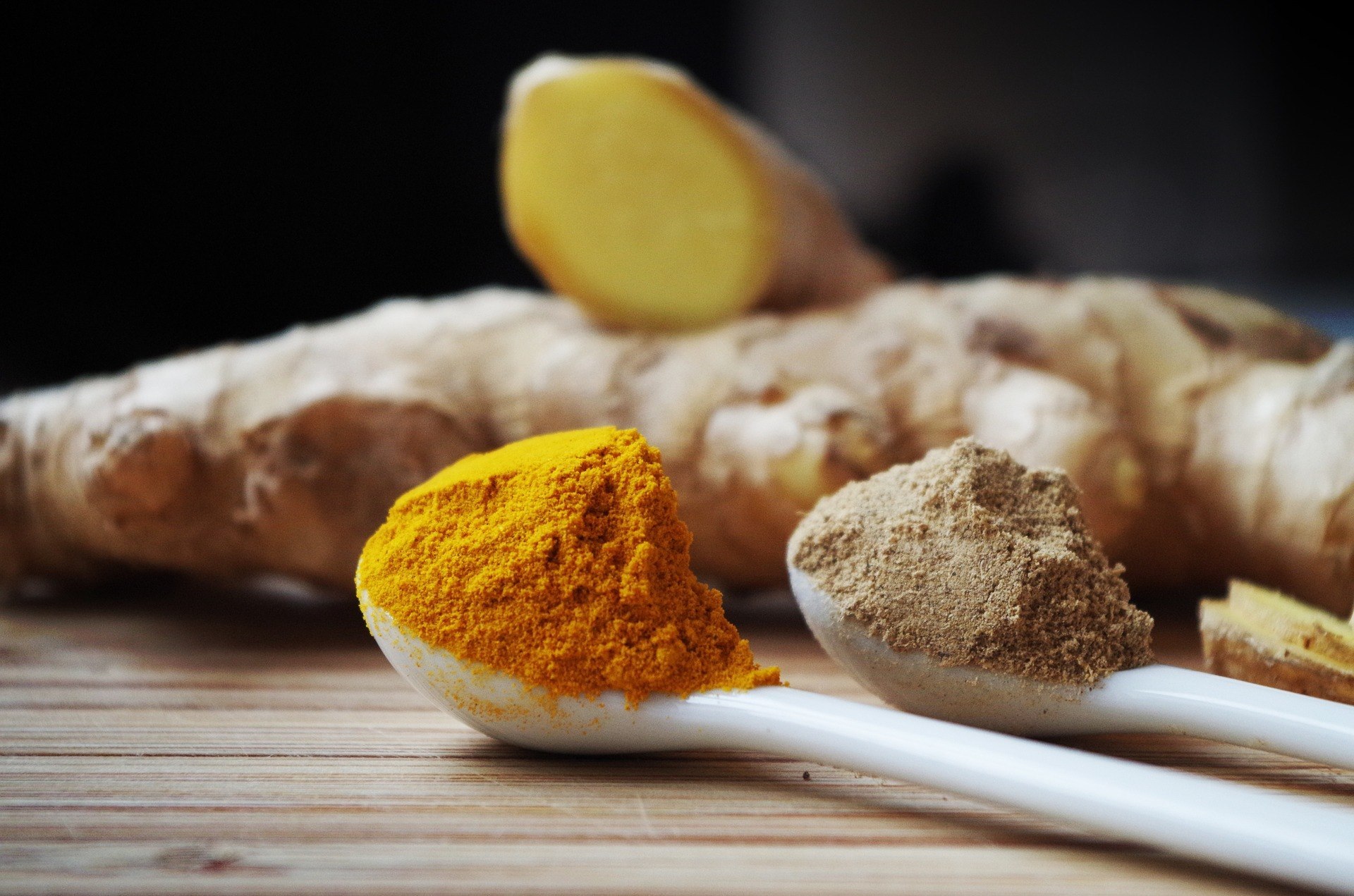
Aloe vera is truly an amazing medicinal plant full of health benefits. It is part of the lily family (Liliaceae), the same family that garlic and onions belong to. Different parts of the plant are used for a variety of purposes and aloe vera has both internal and external benefits. This plant contains minerals, vitamins, enzymes, polysaccharide, fatty acids and amino acids.
Like all plant medicines, it should not be ingested on a daily basis but rather for relatively short periods of time before taking a break. It contains over 200 active components including vitamins, minerals, amino acids, enzymes, polysaccharide, and fatty acids. The bulk of the aloe vera leaf is filled with a clear gel-like substance, which is approximately 99% water.
The list of benefits and effects for this miraculous plant are many and include the following:
- Aloe Vera contains numerous vitamins such as A, C, E, folic acid, choline, B1, B2, B3 (niacin), and B6. Aloe Vera is additionally one of the few plants that contains vitamin B12. Some of the 20 minerals found in Aloe vera include: calcium, magnesium, zinc, chromium, selenium, sodium, iron, potassium, copper, and manganese.
- Amino acids are the building blocks of protein. There are about 22 amino acids that are necessary for the human body and 8 of them are essential. Aloe contains three plant sterols, which are important fatty acids – HCL cholesterol (which lowers fats in the blood), campesterol, and B-sitosterol. All are helpful in relieving symptoms of allergies and acid indigestion. Other fatty acids include linoleic, linolenic, myristic, caprylic, oleic, palmitic, and stearic.
- Aloe vera is a recognized adaptogen. An adaptogen is something that raises the body’s natural capability to adjust to external changes and fight illness. It is believed that aloe’s power as an adaptogen balances the body’s system, stimulating its defence and adaptive mechanisms. This allows an enhanced ability to cope with stress (physical, emotional and environmental).
- Bad digestion is linked to many disorders. A properly functioning digestive tract is one of the secrets and fundamentals of good health. Aloe is well-known to relieve and detoxify the digestive tract and assist in improving digestion. The intriguing thing about taking aloe internally is that, because it is an adaptogen, it facilitates with either constipation or diarrhea, helping to regulate elimination cycles in whatever way needed. It is a very good remedy for people with problems such as irritable bowel syndrome as well as acid reflux. Aloe also helps to reduce the number of unfriendly bacteria in our gut and regulate the balance of healthy intestinal flora. Moreover it is a vermifuge which means it helps to eliminate intestinal worms from the body.
- Aloe Vera is a gelatinous plant food. These gels move through the intestinal tract, absorbing toxins along the way and dispelling through the colon. This helps with the proper elimination of waste and the overall detoxification of the body.
- Illness cannot manifest in an alkaline environment. The majority of people live on mostly acidic foods. For optimal health, approximately 80% of all food should be alkaline and only 20% should be acidic. Aloe vera alkalizes the body, helping to negate excessive acidity.
- There have not been many reports on aloe’s impact on cardiovascular health, but some research has revealed that aloe vera extract injected into the blood, increases the oxygen transportation and diffusion capabilities of red blood cells. Based on a report published in the 2000 issue of the British Medical Journal, beta sitosterol helps to lower cholesterol. By regulating blood pressure levels, improving circulation and oxidation of the blood, lowering cholesterol, and making blood less sticky, aloe vera juice could possibly reduce the incidence of cardiovascular disease.
- The polysaccharides in aloe vera juice stimulate macrophages, which are the white blood cells of the immune system that fight against viruses. Aloe can be an immune enhancer due to its high level of anti-oxidants which help combat the unstable compounds referred to as free radicals. Free radicals contribute to the aging process and are a naturally occurring process but their numbers can multiply by leading an unhealthy lifestyle. Aloe can also be an antipyretic which means that it is a preventative against fever.
- As a result of aloe’s well-known healing properties when it comes to skin, aloe is among the primary compounds used in the cosmetic industry. It is a known vulnerary, meaning it helps heal wounds and it is perfect for applying topically to burns, abrasions, psoriasis and bug bites. Aloe acts as an analgesic, acting to reduce pain in wounds. Aloe is also an antipruritic, a substance that relieves or prevents itching. Additionally, it is an astringent, causing the contraction of body tissues which helps to stem bleeding from minor abrasions. Because of its high water content (over 99% water) it is a powerful hydrant and moisturizer. Aloe increases skin elasticity and is an emollient.
- Aloe vera’s active ingredients are sulphur, lupeol, salicylic acid, cinnamic acid, urea nitrogen and phenol. They prevent the development of disease-causing microorganisms and stimulate antimicrobial activity, thus eliminating many external and internal infections including fungal and viral ones.
- Aloe Vera contains substances, including B-sisterole which inhibit inflammation. It also helps to improve joint flexibility.
- Improving the digestion, and detoxifying the body also helps in weight loss as more toxins are efficiently eliminated from the body.
Despite its fantastic therapeutic properties, aloe vera should not be used for a lengthy period of time. It is a very potent plant and needs to be treated with corresponding respect. Long-term use may cause loss of electrolytes, especially potassium. Aloe vera should also not be taken internally during pregnancy and menstruation or if the user suffers from hemorrhoids or degeneration of the liver and gall bladder.







